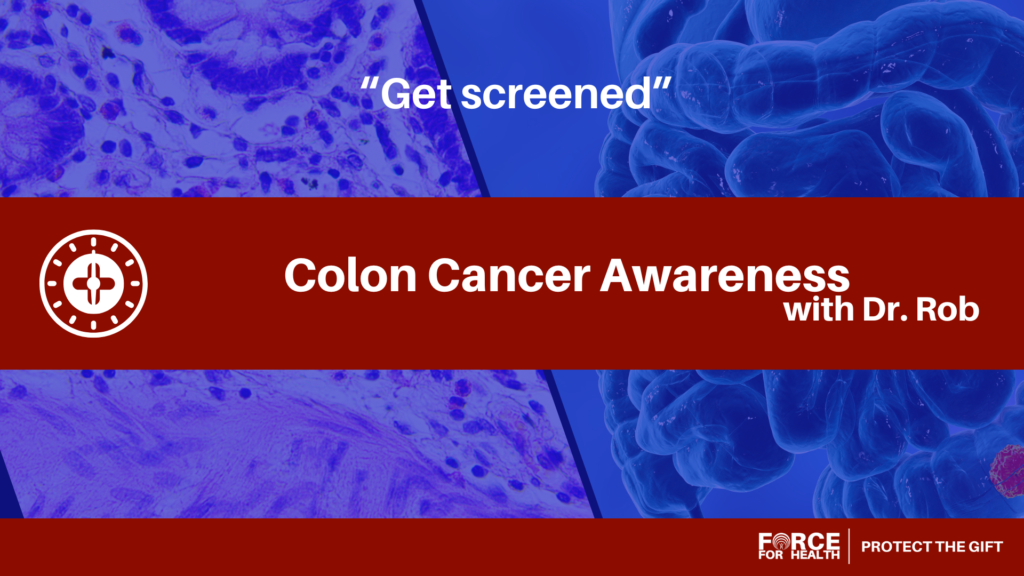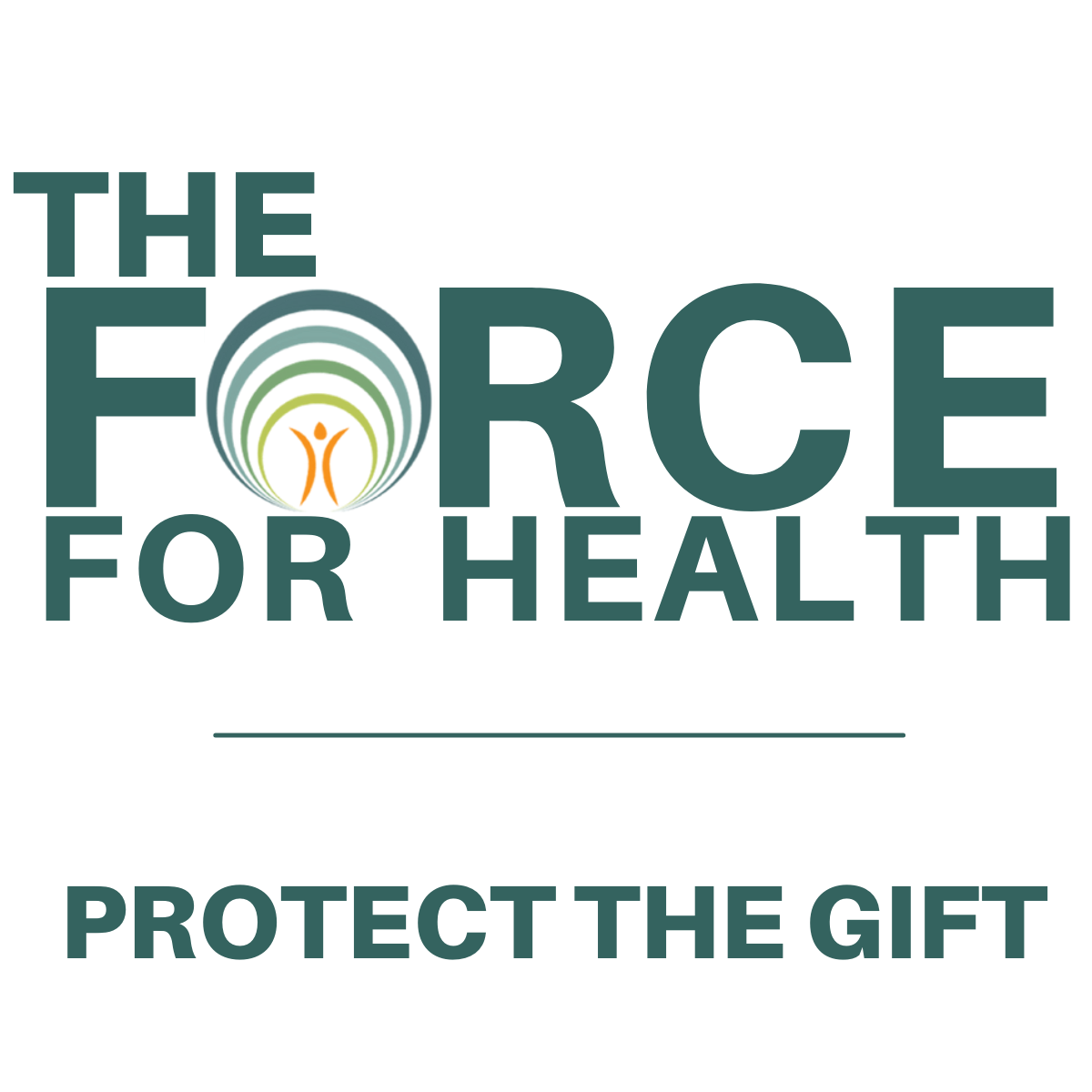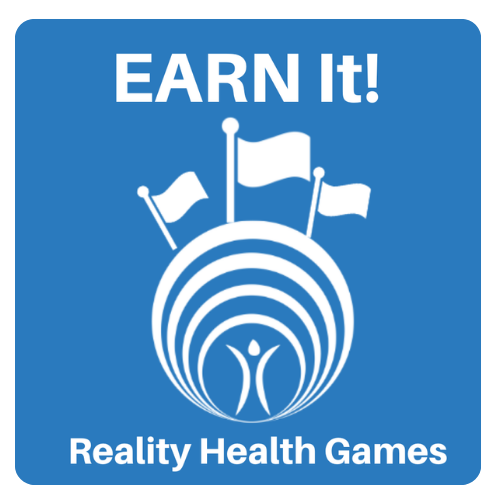
Medical Perspectives with Dr. Rob: Colorectal Cancer Awareness Month
Hello, I’m Dr. Rob Gillio,
Chief Medical Officer at the Force for Health Network.
March is Colorectal Cancer Awareness Month,
and it’s time to talk about one of the most common—but preventable—cancers affecting both men and women in the United States.
Colon cancer is the third most diagnosed cancer,
and the third leading cause of cancer-related death in the country.
But with early detection, we can save lives—and protect what I call “the gift.”
What’s “the Gift”? Your Digestive System at Work
The digestive tract is one of the most incredible systems in the human body.
🥗 You swallow food,
🔬 break it down,
🧬 absorb nutrients,
🚽 and eliminate waste—
all through a 20-foot-long assembly line of organs, including the colon.
It’s efficient. It’s powerful.
And with a high-fiber diet, hydration, and movement,
the colon can stay healthy for decades.
But over time, unchecked cell growth in the lining of the colon
can lead to something small—a polyp.
These growths start out benign,
but some polyps mutate and turn into cancer.
If undetected, cancer can spread to the lymph nodes, liver, lungs, or block the colon entirely.
Who’s at Risk for Colon Cancer?
Colorectal cancer can affect anyone,
but some groups are at higher risk:
📅 Adults over age 45
🧬 People with a family history of colon cancer or polyps
🍔 Those with low-fiber, high-fat diets
🚬 Individuals who smoke or drink excessively
🩺 People with inflammatory bowel diseases like Crohn’s or ulcerative colitis
Shocking fact:
🚨 Colorectal cancer is now the #1 cancer killer of men under age 50.
How Can You Prevent It?
The key to saving lives is early detection through screening.
✅ Colonoscopy – The gold standard: it finds and removes polyps before they become cancer.
✅ Stool-based tests – Easy, at-home options that check for hidden blood or abnormal DNA.
✅ Start screening at age 45 – Earlier if you have risk factors or a family history.
✅ Repeat screenings as recommended – Every 1–10 years, depending on results.
🎉 The good news?
Screenings are often covered by insurance—and they save lives.
I had my first colonoscopy at age 50.
A precancerous polyp was removed,
and today, I’m thriving.
Final Thought
Colon cancer is often silent until it’s advanced,
but we don’t have to wait for symptoms to take action.
This Colorectal Cancer Awareness Month,
do what I did—talk to your doctor,
schedule your screening,
and protect “the gift” of a healthy gut.
I’m Dr. Rob—
stay informed,
take action,
and be a Force for Health.
See you next time!








